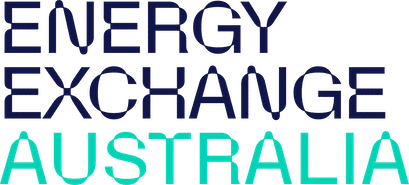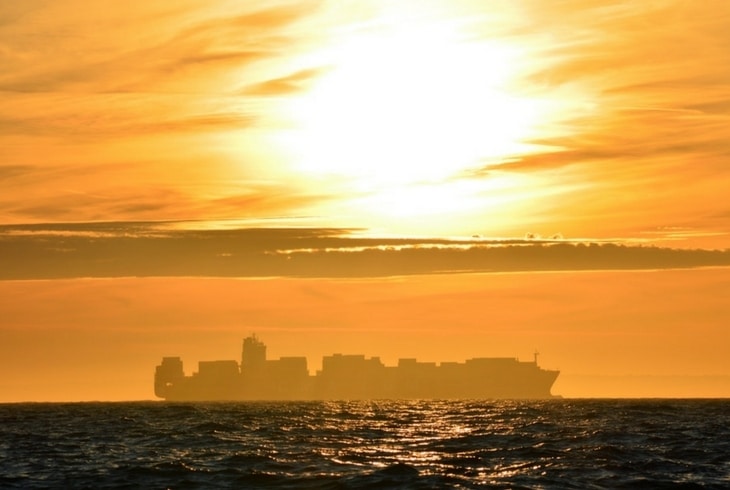Shipping with gas: the case for LNG as a marine fuel
A meeting of state and federal energy ministers in 2016 highlighted the critical role that gas will play in Australia’s rapidly evolving energy sector.
While the media focus has been primarily on the export of LNG and its usage in energy generation, others are working behind the scenes to promote LNG as a marine fuel.
One such organisation is the LNG Marine Fuel Institute (LNG MFI) who propose that making the switch will bring about critical benefits for the environment, economy, innovation and public health.
Based in Perth, LNG MFI is non-for-profit who works with industry and government stakeholders to provide information, advocacy and expertise to secure the long-term sustainability and impact of LNG as a marine fuel.
“Maritime shipping powered by heavy fuel oil is a major polluter emitting sulphur dioxide, nitrous oxide and other pollutants, which are related to at least 24,000 premature deaths per year in East Asia alone,” said Captain Walter P. Purio, Chief Executive Officer of the LNG Marine Fuel Institute.
This human impact is one of the key drivers pressuring regulators – such as the International Maritime Organization (IMO) and the United Nations – for reduced emissions from ships.
“IMO standards have called for the industry to reduce emissions by 2020 significantly. Specifically, the new standards call for sulphur dioxide emissions from marine fuel to be reduced from 3.5 to 0.5 per cent, with even more stringent standards set to be imposed in a number of OECD countries.”
“By comparison, LNG as a marine fuel emits negligible sulphur dioxide and particulates as well as significantly reduced nitrous oxide and carbon emissions,” continued Captain Purio.
Shipping remains the most efficient form of transporting freight on a tonne per kilometre basis; however, Australia is more than 90 per cent reliant on imported transport fuels, despite the country’s vast gas reserves.
“LNG as a marine fuel is the first step towards helping Australia achieve energy independence. Current reliance on imported fuels is concerning and an unsustainable model that undermines Australia’s energy security,” said the LNG MFI Chief Executive Officer.
Leading Australian gas producer, Woodside shares this opinion and is preparing to switch to LNG as a shipping fuel while also working towards delivering LNG as a fuel for mine-haul trucks and locomotives in the Pilbara. Work is underway to make this happen and to build a local supply chain to support the switch to cleaner fuel as stated by Woodside COO and LNG MFI board member, Mike Utsler.
Currently, there are approximately 100 LNG fuelled vessels in operation worldwide. In addition, there are 101 confirmed new builds and a further 72 LNG-ready ships in service or on order.
The LNG MFI’s future fuels initiative aims to increase those numbers further by providing support to research teams working on innovative LNG technologies.
“Partnering with government and private enterprise teams in a collaborative knowledge share environment will accelerate research and development in the sector,” summarised Captain Purio.
Captain Walter P. Purio is the managing director of P and H Marine Australasia Pty Ltd and currently assists oil and gas companies in Australia to develop their strategies to provide LNG as a marine fuel to the Australasian region. He acts as CEO of the LNG Marine Fuel Institute and serves as a marine advisor to Woodside Energy Ltd and Karara Mining Ltd providing marine expertise, insight and advice specific to government, resource and oil and gas company marine issues as they explore the potential to develop a sustainable regional and global footprint and establish an LNG as a marine fuel industry in the Southern Hemisphere and Asia Pacific region.
For more information on LNG as a marine fuel watch Captain Walter Purio’s presentation during the ‘new markets and new energies’ session on day three of the AOG Collaboration Forum.
-
Stay up to date with the latest news, industry insights and AOG Energy updates.
- Subscribe

